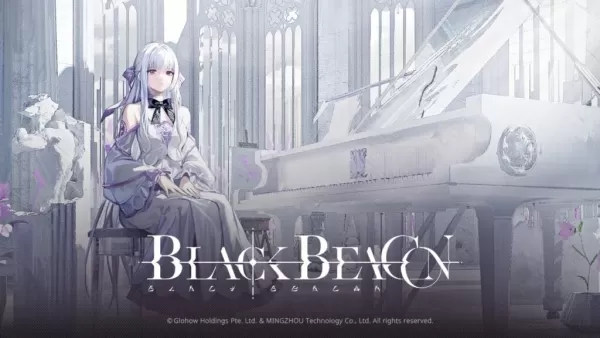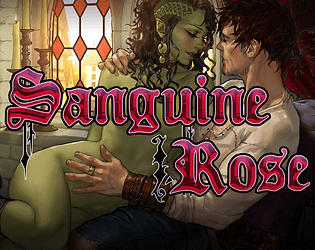The topic of turn-based games in the realm of role-playing games (RPGs) continues to spark heated debates among gamers and industry professionals alike. The recent release of Clair Obscur: Expedition 33 has reignited these discussions, showcasing the enduring appeal of this classic gameplay style. Praised by IGN and other reviewers, Clair Obscur: Expedition 33 unabashedly draws inspiration from iconic RPGs such as Final Fantasy VIII, IX, and X. It features a turn order system, Pictos to equip and master, zoned-out "dungeons," and an overworld map, all hallmarks of traditional RPGs.
In an interview with RPGsite, producer Francois Meurisse explained that Clair Obscur was envisioned as a turn-based game from the outset. The game's combat system cleverly blends turn-based strategy with action-oriented elements inspired by FromSoftware's Sekiro: Shadows Die Twice and the Mario & Luigi series, utilizing quick-time events for attacks and parrying/dodging for defense. This hybrid approach results in a gameplay experience that feels both strategic and dynamic, sparking discussions across social media platforms.
Clair Obscur's success has been highlighted by fans as a counter-argument to the shift towards action-based mechanics in major RPG franchises, such as Final Fantasy. Naoki Yoshida, during the media tour for Final Fantasy XVI, noted a growing sentiment among younger audiences who find command-based RPGs less appealing. This perspective has influenced the direction of recent Final Fantasy titles, including XV, XVI, and the VII remake series, which have embraced more action-driven gameplay.
However, the situation is more nuanced. While Final Fantasy has moved towards action-based systems, Square Enix has not abandoned turn-based RPGs entirely. Games like Octopath Traveler 2 and SaGa Emerald Beyond, along with the upcoming Bravely Default remaster for Switch 2, demonstrate the company's continued investment in this genre. The suggestion that Final Fantasy should emulate Clair Obscur oversimplifies the unique aesthetic and iconography that define the series. Clair Obscur's success is a testament to its own merits, not merely a reflection of what Final Fantasy could be.
Historical debates over the direction of RPGs are nothing new. Discussions about whether games like Lost Odyssey were the true successors to Final Fantasy, or whether Final Fantasy VII outshines Final Fantasy VI, have been part of the gaming community's discourse for years. Sales figures also play a critical role in these decisions, as Yoshida mentioned in relation to Final Fantasy XVI's development. Despite the success of Clair Obscur: Expedition 33, which sold 1 million copies in three days, Square Enix's expectations for Final Fantasy typically remain much higher.
The notion that turn-based games struggle to achieve success is challenged by recent hits like Baldur's Gate 3 and Metaphor: ReFantazio, which have both received critical acclaim and strong sales. Clair Obscur's success is a significant achievement for Sandfall Interactive and Kepler, signaling a potential resurgence of mid-budget RPGs like Visions of Mana or Ruined King. Whether this momentum will propel Clair Obscur to the heights of games like Baldur's Gate 3 or Disco Elysium remains to be seen, but the game's strong start is undeniable.
As for the implications for Final Fantasy, it's unclear whether Clair Obscur's success signals a need for a radical shift. Recent entries like Final Fantasy XVI and FF7 Rebirth have faced challenges meeting profit expectations, a struggle influenced by broader shifts in the gaming industry and the high costs associated with developing major franchise titles.
The key takeaway from Clair Obscur's success is the importance of authenticity. Projects that imitate others often struggle to stand out. Clair Obscur's unique combat systems, compelling soundtrack, and thoughtful world-building are all products of the studio's creative vision. As Swen Vincke of Larian Studios emphasized regarding Baldur's Gate 3, the focus should be on creating a high-quality game that excites the development team. This approach not only fosters innovation but also resonates with players, offering a constructive path forward for the RPG genre.
















